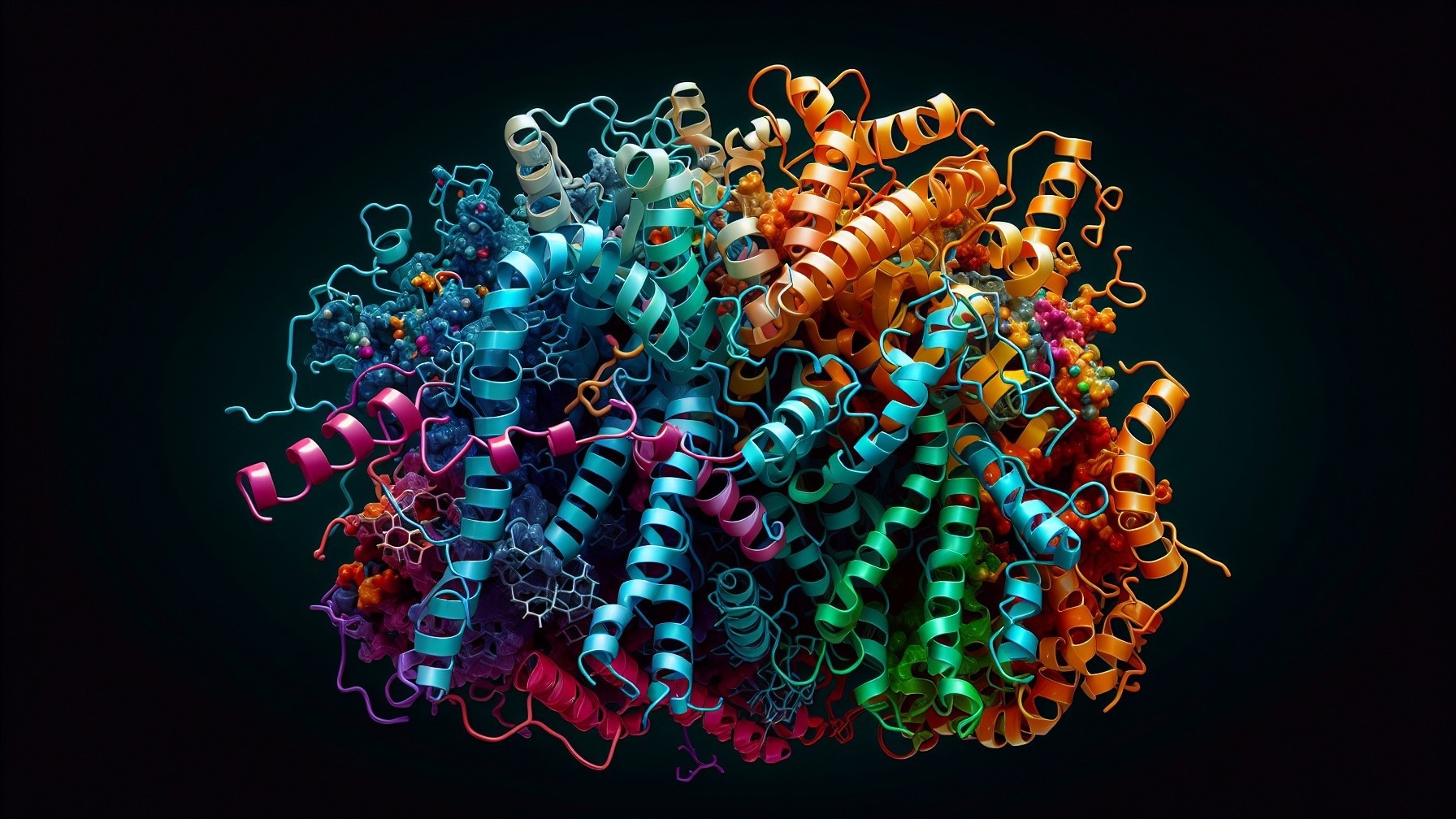Revolutionizing care for phenylalanine hydroxylase (PAH) deficiency, ACMG’s updated guidelines highlight evidence-based strategies to enhance neurocognitive health and protect maternal and fetal well-being.
Study: Phenylalanine hydroxylase deficiency diagnosis and management: A 2023 evidence-based clinical guideline of the American College of Medical Genetics and Genomics (ACMG). Image Credit: Shutterstock AI / Shutterstock.com
A recent Genetics in Medicine study reports evidence-based clinical guidelines for phenylalanine (Phe) hydroxylase (PAH) deficiency diagnosis and management presented by the American College of Medical Genetics and Genomics (ACMG).
What is PAH deficiency?
First reported in 1934 by Asbjorn Folling, PAH deficiency is characterized as an inborn error of metabolism that increases the risk of neurocognitive or psychological symptoms. Previous studies have shown that these symptoms are associated with the age of onset of therapy and treatment adherence.
Currently, newborn screening (NBS) for PAH deficiency has become widely performed in the United States, the United Kingdom, and many other countries worldwide. Although this NBS strategy has been highly successful, PAH deficiency has continued to evolve.
In 2014, the ACMG published the first practice guidelines for the diagnosis and management of PAH deficiency. These guidelines combined clinically based descriptions of phenylketonuria (PKU) and hyperphenylalaninemia (HPA) as PAH deficiency. These guidelines emphasize the importance of lifelong maintenance of blood Phe levels between 120 and 360 μmol/L.
Although similar to those published by the ACMG in 2014, European guidelines for managing PAH deficiency in 2017 stratified Phe control by age. These guidelines advise Phe levels of 120-360 μmol/L and 120-600 μmol/L for individuals below and older than 12 years of age, respectively.
Fetuses who test positive for high Phe in NBS undergo additional biochemical or molecular tests for confirmation. Age-specific neuropsychiatric and cognitive tests are performed to assess the clinical needs of a PAH-deficient person.
Updated PAH deficiency guidelines by the ACMG
In 2020, the ACMG Board of Directors proposed the formation of two workgroups to update existing 2014 clinical practice guidelines for diagnosing and managing PAH deficiency. The first workgroup performed a systematic evidence review (SER), whereas the second group developed an evidence-based guideline (EBG).
Notably, the EBG and SER workgroups did not interact with one another, except for ACMG methodologists who provided methodological assistance. Both workgroups followed the Grading of Recommendations Assessment, Development, and Evaluation (GRADE) evidence-to-decision (EtD) framework to develop practice guidelines for PAH deficiency diagnosis and management.
The workgroup finalized and voted to approve the updated recommendations on February 10, 2023.
Recommendation 1
Treatment for PAH deficiency should be continued for the entirety of the individual’s life for those with untreated Phe levels of 360 μmol/L or more. This recommendation is based on clinical evidence indicating that mean blood Phe levels should be correlated with IQ. Furthermore, the decline in metabolic control with rising Phe levels in older individuals is associated with neuropsychiatric and neurocognitive symptoms.
Treatment for PAH deficiency, such as dietary protein restriction, Phe-free protein supplementation, and pharmacologic therapies, has been shown to improve overall health in affected individuals.
Recommendation 2
Phe levels should be maintained at 360 μmol/L or less for the entirety of the individual’s life. A higher mean IQ score has been observed in individuals who maintained mean lifetime blood Phe levels of 360 μmol/L or less. Various neurocognitive and psychiatric symptoms may occur later in life if Phe levels are not adequately maintained during adolescence and adulthood.
Recommendation 3
Maternal Phe levels of 360 μmol/L or less must be maintained in individuals with PAH deficiency before conception to prevent adverse gestational and fetal outcomes. Several studies have demonstrated that maternal Phe levels of 360 μmol/L or less at the time of conception reduce the risk of the child having congenital anomalies, lower-than-average IQ, microcephaly, and behavioral issues by up to 93%.
Recommendation 4a
Pregnant women with PAH deficiency must maintain Phe levels of 360 μmol/L or less throughout their pregnancy and postpartum period to ensure optimal maternal and infant outcomes.
Strict maintenance of maternal Phe levels before and during pregnancy can prevent adverse gestational outcomes, including spontaneous abortions, stillbirth, and preterm delivery. Comparatively, elevated Phe levels during pregnancy increase the risks of congenital malformations.
Recommendation 4b
Pregnant individuals with PAH deficiency have been conditionally recommended to use sapropterin to prevent adverse gestational or fetal outcomes. Previously, higher treatment adherence in PAH-deficient mothers prescribed sapropterin has been reported as compared to those on a low-Phe diet alone. The use of sapropterin during pregnancy has also been shown to reduce mean Phe levels.
Recommendation 4c
The ACMG did not recommend nor dissuade the use of pegvaliase to prevent adverse pregnancy outcomes in individuals with PAH deficiency due to a lack of sufficient evidence. The efficacy of pegvaliase use during pregnancy and lactation must be validated before prescribing to pregnant women with PAH deficiency.
Recommendation 4d
Individuals with PAH deficiency are strongly encouraged to breastfeed, even when babies have PAH deficiency.
Recommendation 5
ACMG strongly recommends that a PAH deficiency diagnosis must be confirmed with molecular genetic testing. Molecular tests can help determine PAH variants for its clinical management.
Conclusions
Existing scientific evidence strongly indicates that blood Phe levels of 360 μmol/L or less must be maintained for the individual’s lifetime to support optimum intellectual outcomes in all individuals with PAH deficiency. Likewise, these Phe levels must be maintained during pregnancy to prevent unfavorable maternal and fetal outcomes.
Journal reference:
- Smith, E. W., Barry, S. A., Bloom, K., et al. (2024) Phenylalanine hydroxylase deficiency diagnosis and management: A 2023 evidence-based clinical guideline of the American College of Medical Genetics and Genomics (ACMG). Genetics in Medicine. doi.org/10.1016/j.gim.2024.1012891098-3600.
Source link : News-Medica

